Plenary Talks
Speakers
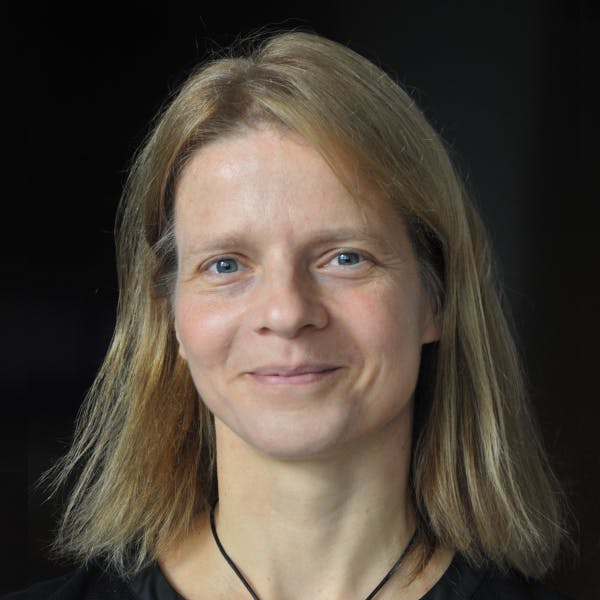
Heidemarie Schmidt
Leibniz-IPHT(Institute of Photonic Technology), Germany
The missing core element for neuromorphic computers found
to be announced
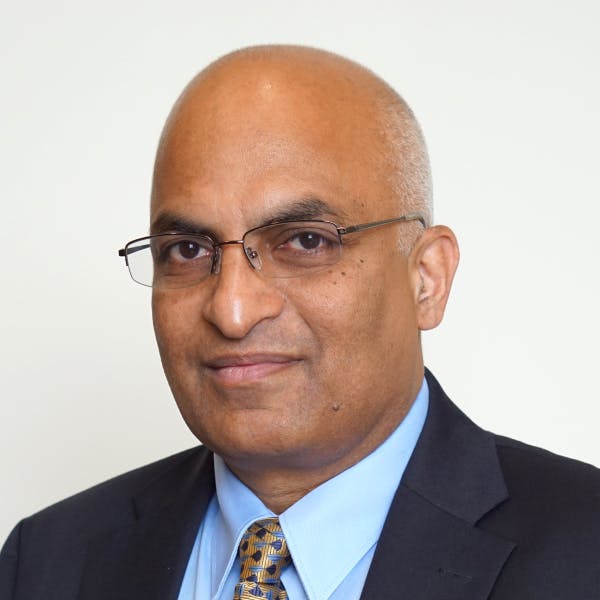
Surya Kalidindi
Georgia Tech, USA
Accelerated development of materials using high-throughput strategies and AI/ML
to be announced
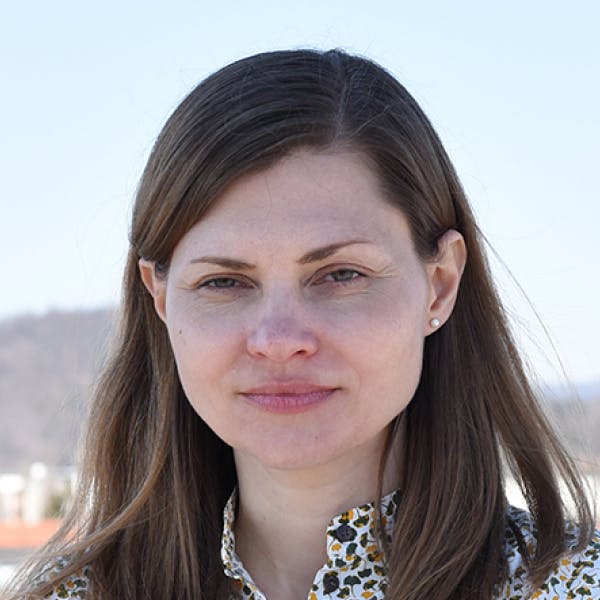
Ilona M. Otto
Wegener Center for Climate and Global Change, University of Graz, Austria
Cascading climate change impact and rapid low-carbon transition pathways
Ilona M. Otto holds the Professorship in Societal Impacts of Climate Change at the Wegener Center for Climate and Global Change, University of Graz. She leads a research group focusing on Social Complexity and System Transformation. The group’s ambition is to use complex science theory and novel research methods to analyse social dynamic processes and interventions that are likely to spark rapid social changes necessary to radically transform the interactions of human societies with nature and ecosystem services in the next 30 years. Previously, she spent 10 years at the Potsdam Institute for Climate Impact Research. Prof. Otto is a social scientist by training. She uses various research methods including social surveys, case studies, behavioural experiments, and simulations in analysing problems related to global environment changes, development, adaptation and sustainability. Prof. Otto is a principal investigator in an EU Horizon 2020 Project CASCADES: Cascading climate risks: Towards adaptive and resilient European Societies. She also coordinates an EIT Climate KIC founded Project REBOOST: A Boost for Rural Lignite Regions. She is also involved in other EU Horizon 2020 and Horizon Europe Projects including ENBEL - Connecting Climate Change and Health and HIGH Horizons - Heat Indicators for Global Health: Surveillance, Early Warning Systems and Adaptation-mitigation Actions to Reduce Heat Impacts in Pregnant Women, Infants and Health Workers in the EU and Africa. She led a chapter on human health in the World Bank Report Turn Down the Heat: Confronting the New Climate Normal as well she led a Report on Modelling the Impact of Climate Change on Poverty at a Subnational Scale that was contracted by the World Bank. She is a dedicated university teacher as well as she occasionally she gives talks about climate change impacts and sustainability transformation to businesses and other stakeholder groups as well as to school children and young people.
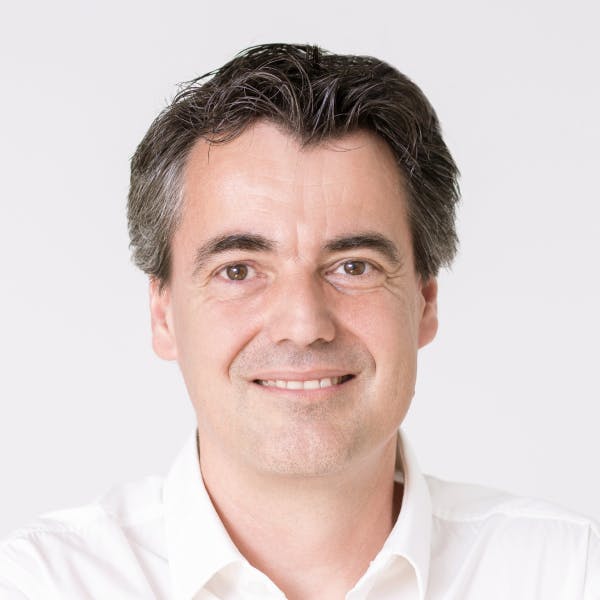
Kai Rossnagel
Kiel University, Germany
Innovation in Materials and Soft X-ray Analytics: From Quantum to Networked
Kai Rossnagel is a Professor of Experimental Physics at Kiel University and a Lead Scientist at the Deutsches Elektronen-Synchrotron DESY, Hamburg, Germany. He is currently spokesperson for the research priority area Kiel Nano, Surface and Interface Science KiNSIS at Kiel University and for the international user consortium Time-Resolved Photoelectron Spectroscopy at the European XFEL. KR received his PhD in physics from Kiel University in 2001. He then spent two years as a Feodor Lynen Research Fellow of the Alexander von Humboldt Foundation at the Advanced Light Source in Berkeley, USA, before returning to Kiel University to complete his habilitation in physics in 2009. From 2013-15, he was a visiting scientist at the RIKEN SPring-8 Center, Japan. Trained as a condensed-matter and surface physicist, KR is fascinated by the inexhaustible variety of spectacular structures, exotic properties, and cooperative phenomena that emerge from the “pocket universes” of condensed matter, especially at its interfaces. His primary research goal is to understand the properties and functions of quantum materials and devices at the atomic level through their electronic structure and ultrafast dynamics. He is particularly interested in exploring and unraveling the incredibly rich physics of layered transition-metal dichalcogenides, which his group is growing to the highest quality and making available to the international research community. As a photoelectron spectroscopist, KR is passionate about directly observing the “formation dance” of electrons in these and other quantum materials. To this end, KR’s team is developing novel methods and instruments that exploit the high-brilliance (soft) x-ray radiation from storage rings and free-electron lasers in Europe, the USA, and Japan, but especially from PETRA III, FLASH, and the European XFEL in Hamburg.
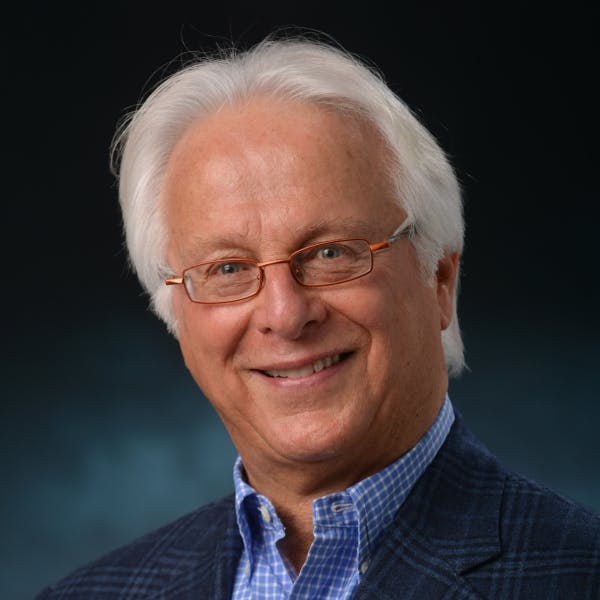
Alex Zunger
University of Colorado, USA
Understanding-based discovery of Functional Materials: The Inverse Design Paradigm
Prof. Alex Zunger of the University of Colorado, Boulder research field is Condensed Matter Theory of Real Materials, involving foundational work in the field of First Principles theory of solids. Recipient of the Boer Medal for solar photovoltaic, the Hume-Rothery Award on Theory of alloys, the “Materials Theory Award” of the MRS on Inverse Design; the John Bardeen award on “Spontaneous Ordering in alloys”, and the Rahman Award of the APS on ‘foundational development of First Principles methods’. Graduated from Tel Aviv University, Israel and is its Institute of Advances Studies Distinguished fellow, and Fellow of APS and MRS. His h-index is over 150; cited over 110,000 times.
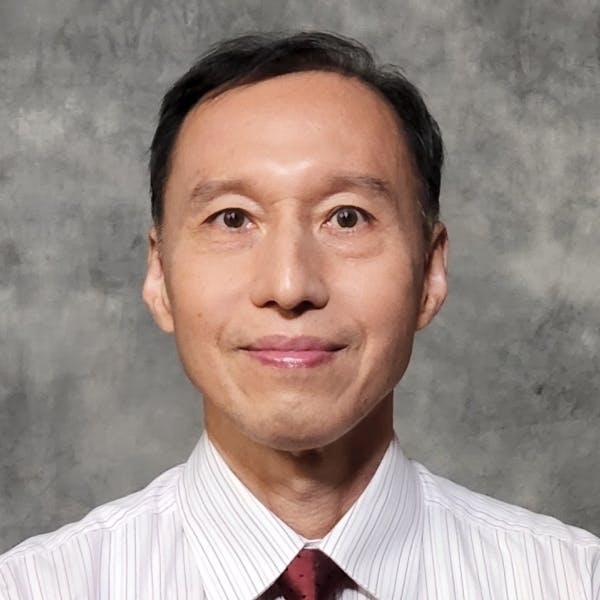
Paul K Chu
City University of Hong Kong, Hong Kong
Surface Modification of Biomaterials For Enhanced Biocompatibility,Bioactivity, and Antimicrobial Activity
Prof. Paul K. Chu received his BS in mathematics from The Ohio State University in 1977 and MS/PhD in chemistry from Cornell University in 1979/1982 He is Chair Professor of Materials Engineering at City University of Hong Kong, holding joint appointments in the Department of Physics, Department of Materials Science & Engineering, and Department of Biomedical Engineering. His research focuses on plasma and materials science and engineering and he has received more than 100 research grants for over US$ 25 million. He has been granted more than 30 scientific/technical awards/honors and over 30 patents. His publications have been cited >100,000 times with an h-index of >140. He has been a highly cited researcher (Clarivate Analytics, Web of Science) for 8 consecutive years since 2016. In addition to being a Fellow and Council Member of the Hong Kong Academy of Engineering Sciences (HKAES), he is a Fellow of the American Physical Society (APS), American Vacuum Society (AVS), Institute of Electrical and Electronics Engineers (IEEE), Materials Research Society (MRS), and Hong Kong Institution of Engineers (HKIE).
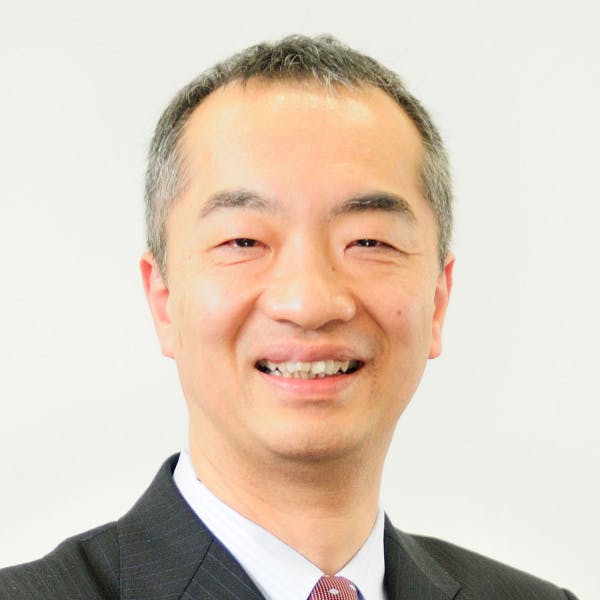
Kozo Ito
The University of Tokyo, Japan
Slide-Ring Materials for Circular Economy
Kohzo Ito is a professor at The University of Tokyo. He received his B. E, M. E. and Ph. D. degrees in applied physics from The University of Tokyo. In 1986, he joined the Research Institute of Polymers and Textiles. He was transferred back to Faculty of Engineering, the University of Tokyo in 1991 and promoted to full professor at Graduate School of Frontier Sciences, the University of Tokyo in 2003. He is now the president of the Society of Polymer Science, Japan, and is running big national projects as a program director (SIP) and project manager (Moonshot Program). He has been researching the polymer physics and supramolecular chemistry, and now is focusing on polyrotaxane using cyclodextrin, necklace-like supramolecule with topological characteristics. He invented slide-ring materials with movable cross-links by cross-linking polyrotaxane in 2000, and set up a venture company to urge the application of the slide-ring materials in 2005. He has been the author of over 300 publications including original research papers, reviews, and books, and about 70 patents. He received The Award of the Society of Polymer Science, Japan (2006). And he is currently an editor of Polymer, Elsevir.
